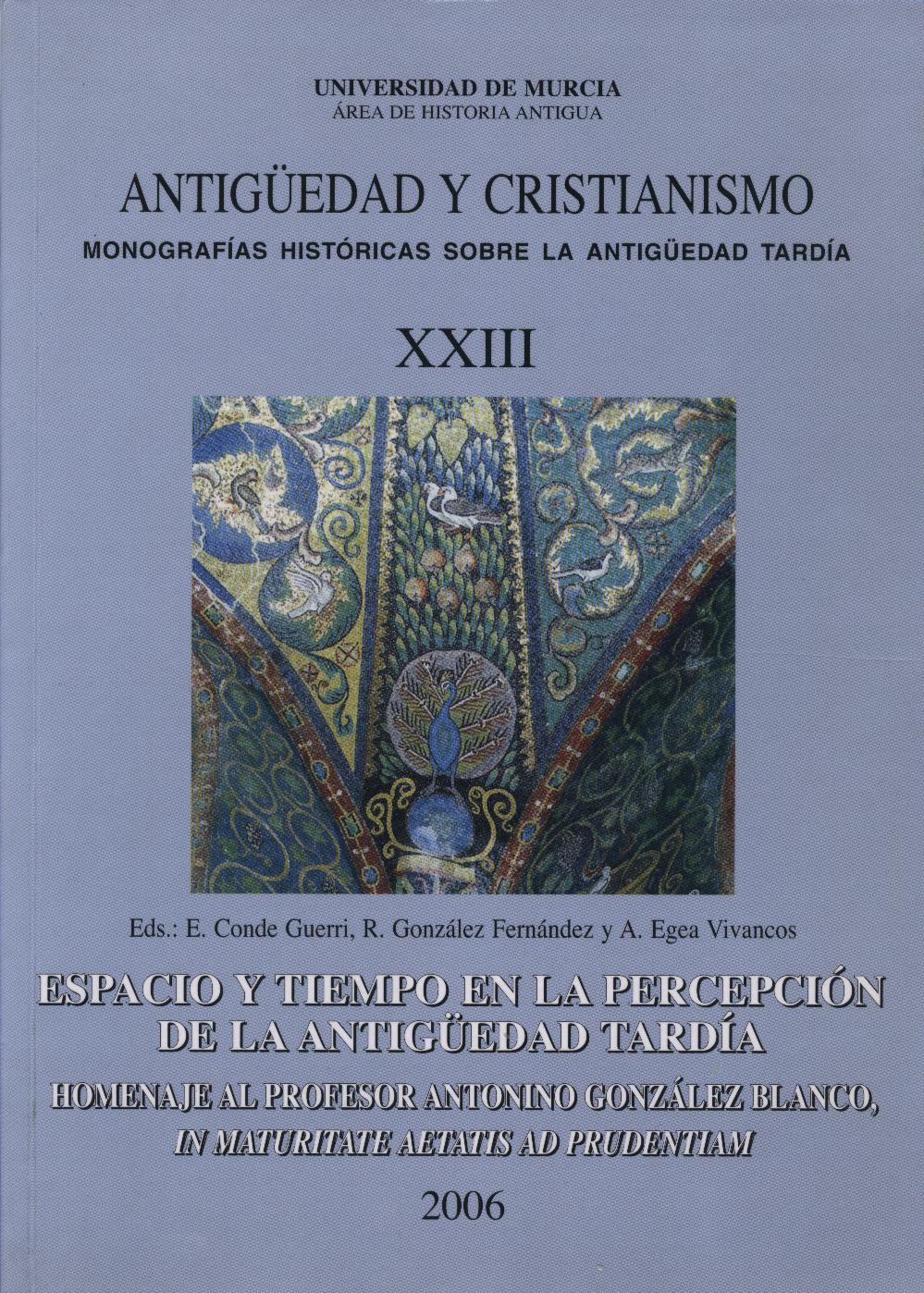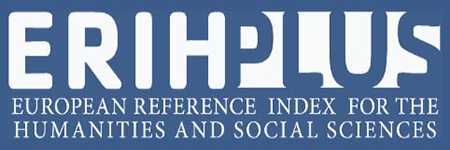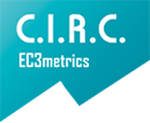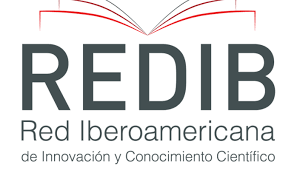Notas sobre el papel del Prognosticum futuri saeculi de Julián de Toledo en la evolución de la idea medieval del purgatorio
Abstract
Julian of Toledo wrote
Prognosticum futuri saeculi (the first systematic treatise on nouissimi of the West) with the intention of laying down the grounds of the eschatological doctrine, preserving great accuracy to patristic sources and Holy Scriptures. But he wrote his treatise by carrying out a selection of quotations, a plot reconstruction and even a subtle and reckless manipulation of his sources, and everything in accordance with his own thinking and also with that of his time. In consequence, the holistic meaning of the teachings found in the Prognosticum shows valuable innovations with regard to former treatise writers and provides a new sense to the Christian image to the characteristics of the supernatural world. This will have a remarkable influence on the development of the idea of Purgatory during the Middle Ages.
Downloads
-
Abstract525
-
PDF (Español (España))386
1. The authors non-exclusively assign the exploitation rights (reproduction, distribution, communication and transformation) to the magazine.
2. The works published in this magazine are subject to the Attribution-ShareAlike 4.0 International license (CC By SA 4.0). Therefore, they can be copied, used, disseminated, transmitted and publicly displayed, provided that:
i) the authorship and the original source of its publication (journal, editorial and URL of the work) are cited, thus allowing its recognition.
ii) it is allowed to remix, transform or create from the material while maintaining the same license as the original.
Note: Articles prior to 2022 incorrectly display the CC by SA license in the abstract page. They are under a CC by NC ND license as embedded in the article pdfs. Articles published in 2022 and after are under the CC by SA license.

3. Self-archiving conditions. Authors are allowed and encouraged to electronically disseminate the pre-print (version before being evaluated) and/or post-print (version evaluated and accepted for publication) versions of their works before publication, as it favors their publication. Earlier circulation and diffusion and with it a possible increase in its citation and reach among the academic community. Color RoMEO: verde.
























